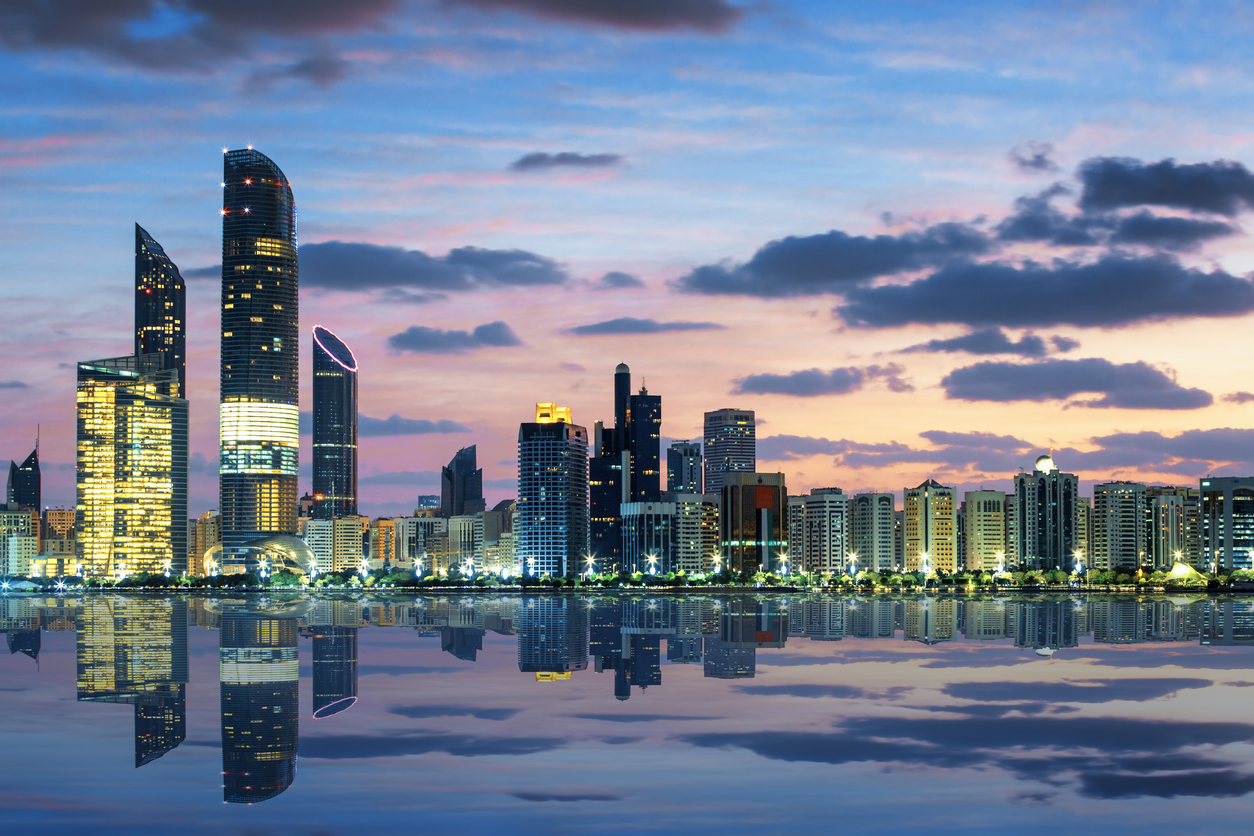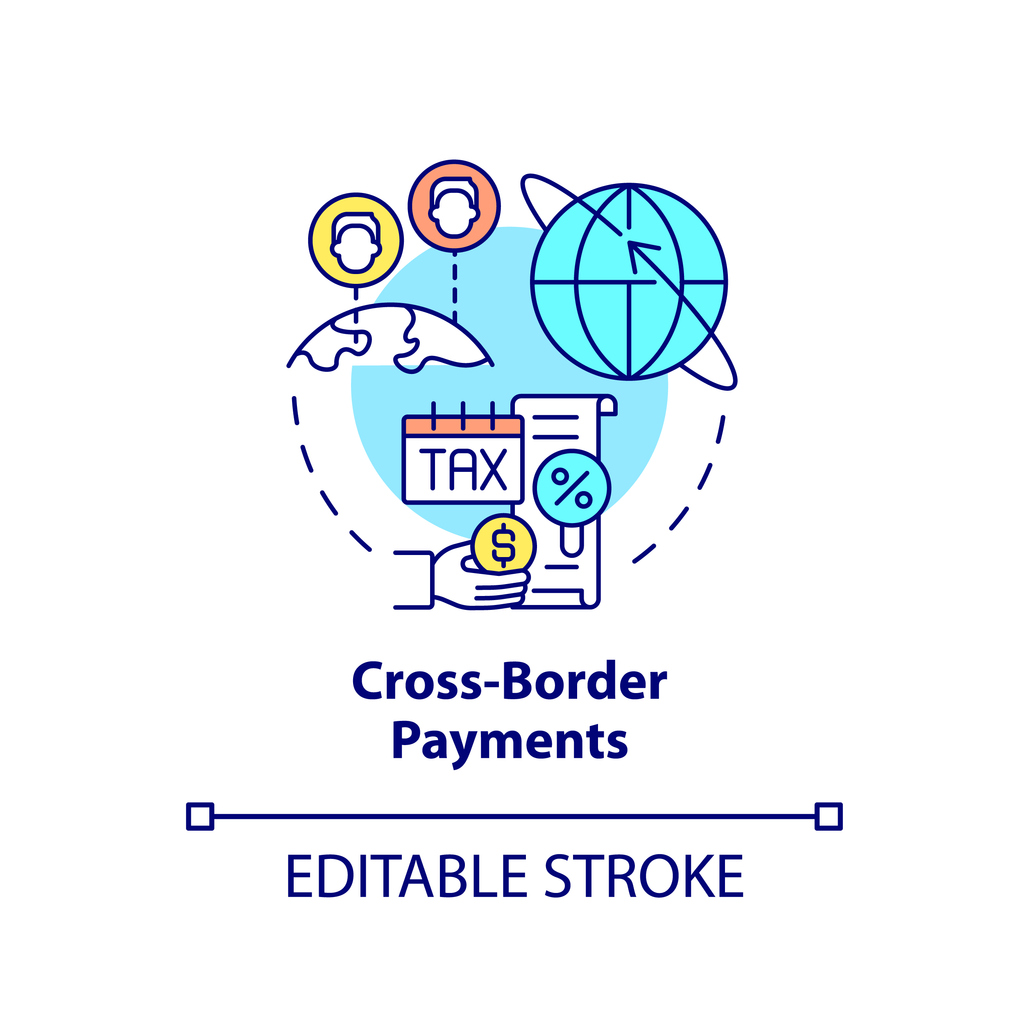How to Export Concentrated Milk from Nigeria: A Comprehensive Guide
How to Export Concentrated Milk from Nigeria: A Comprehensive Guide
Nigeria, a country with a population of 190 million+, has a thriving dairy industry. But, there are a few hurdles to overcome first before exporting concentrated milk from Nigeria. These include: logistics, quality assurance, and finding reliable suppliers of raw materials. In this guide, we’ll provide you with all of the information that you need to know to export concentrated milk from Nigeria.
Let’s get started!
What is Milk Concentrate?
Concentrated milk is a popular dairy product in Nigeria. It is used in many different ways, including as a protein supplement, as an ingredient in ice cream, and as a beverage.
The process of developing concentrated milk is quite simple. The first step is to boil the milk at 85 degrees Celsius for 20 minutes. This will evaporate any water in the milk, leaving the protein and other solids.
Next, the mixture will be cooled and then processed through a filter to remove any solids. Finally, the water will be replaced with sugar syrup and the mixture will be whipped until it has a fluffy consistency.
This final product will be packaged and then distributed to customers. Concentrated milk is a versatile dairy product and can be used for a variety of purposes.
Why Export Concentrated Milk from Nigeria?
Nigeria is a major producer of milk. It is the sixth largest producer of milk in the world. Nigeria’s annual milk production is 1.8 billion liters, which is roughly twice as much as India, the second largest producer in Africa.
Many Nigerians are eager to monetize their milk production, but there are difficulties in doing so. The challenges that exist include finding reliable suppliers, logistics, quality assurance, and appropriate packaging.
A company that exports milk from Nigeria will have significant advantages over local producers. It includes being able to mitigate risk, access credit, and access markets for which local producers are not eligible.
Milk Concentrate Export Regulations
Before exporting concentrated milk from Nigeria, make sure you understand the regulations.
In Nigeria, milk concentrates are classified as “foods” and are regulated by the Nigerian Federal Ministry of Health. This ministry specifies the amount of milk fats, milk protein, and moisture that can be in milk before it is considered concentrated milk.
For a product to be classified as a food, it must contain less than 10% milk protein and less than 10% milk fats. For a product to be classified as a concentrated milk, it must contain more than 10% milk protein and more than 10% milk fats.
Milk imported into Nigeria can be classified as one or the other. Milk concentrates exported from Nigeria must conform to Nigerian standards. Milk concentrates exported from Nigeria cannot contain more than 10% milk proteins and more than 10% milk fats.
How to Export Milk Concentrate from Nigeria
Exporting concentrated milk is a complex process. It starts with raw materials, like condensed milk, which is processed in order to produce milk concentrate or cream. Processed milk can be used to make cheese, ice cream, condensed milk, and other dairy products.
If you want to export concentrated milk from Nigeria, there are many things you need to consider. For starters, you’ll need to find reliable suppliers of raw materials. Then, you’ll need to find buyers who are interested in purchasing your milk concentrate. And finally, you’ll need to find the most efficient way to transport the product to the buyer.
This guide will walk you through each step of the process so you can export concentrated milk from Nigeria successfully.
Title: How to Use Your Brand in Your Social Media Marketing Strategy
Intro: You’ve got a beautiful brand. You’ve spent time and money developing it. Your business has a great reputation in the industry. But when it comes to marketing it on social media, you feel like you’re just another company trying to get attention on the internet.
Your brand deserves better than that—and so does your marketing strategy.
In this post
The Monopolistic Problem in Nigeria’s Dairy Industry
Procuring the raw material for concentrated milk in Nigeria is an issue. The country has a monopoly on the industry, which means that it’s difficult to purchase raw materials without going through the monopoly.
The monopoly is okay if the government is investing in the industry to grow it. But, it’s not if they’re just collecting profits from their control of the market.
If the government had more involvement in the dairy industry, it would be easier for companies to source raw materials. However, they have not had any involvement due to corruption and lack of funds.
The government needs to increase its involvement in order to create a more competitive industry that can provide raw materials for companies who need them.
Title: Starting A Blog: 10 Tips That Will Help You Succeed
Intro: Starting a blog isn’t as hard as you might think – but there are some important things to know before you get started. In this guide, we’ll cover everything you need to know to launch your blog successfully, including what you need to know before you start, how to get started, and more.
Subheading: Why start a blog?
Paragraph: A blog is a great
The Lack of a Proper Regulation for Raw Materials in the Nigerian Dairy Industry
The Nigerian dairy industry has a long way to go before it can be considered a competitive supplier for concentrated milk. One of the most important steps in the process is to ensure that raw materials are of top quality.
Most Nigerian farmers lack the know-how and resources to provide the necessary feed and breeding for livestock. The shortage of feed and breeding in Nigeria is a major contributor to the low standard of concentrated milk that is produced.
Another issue is that there is no regulation for raw materials in the Nigerian dairy industry. There is no way to tell if the supply of raw materials in Nigeria is healthy and free from contaminants and harmful substances.
If you’re operating in Nigeria, your business will be at risk without knowing where the dairy supply comes from.
Title: 6 Ways to Grow Your Business with Digital Marketing
Intro: With digital marketing, businesses have the opportunity to develop an online presence for their brand, reach out to prospects, and become more competitive in their industry. These are just a few of the benefits of digital marketing! So how can you get started? Below are six ways to grow your business with digital marketing!
Subheading: Connect with Prospects on Social Media
Paragraph: Social media is
Conclusion
Ready to export concentrated milk from Nigeria? Make sure you follow the steps in this guide!







LEAVE A COMMENT
You must be logged in to post a comment.